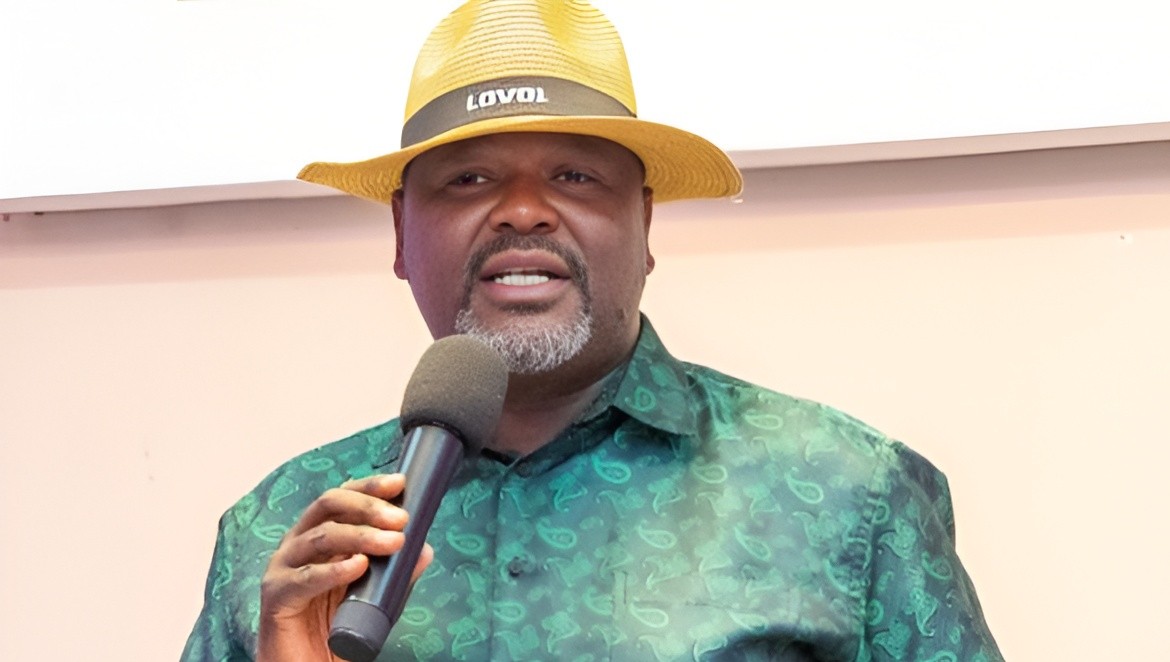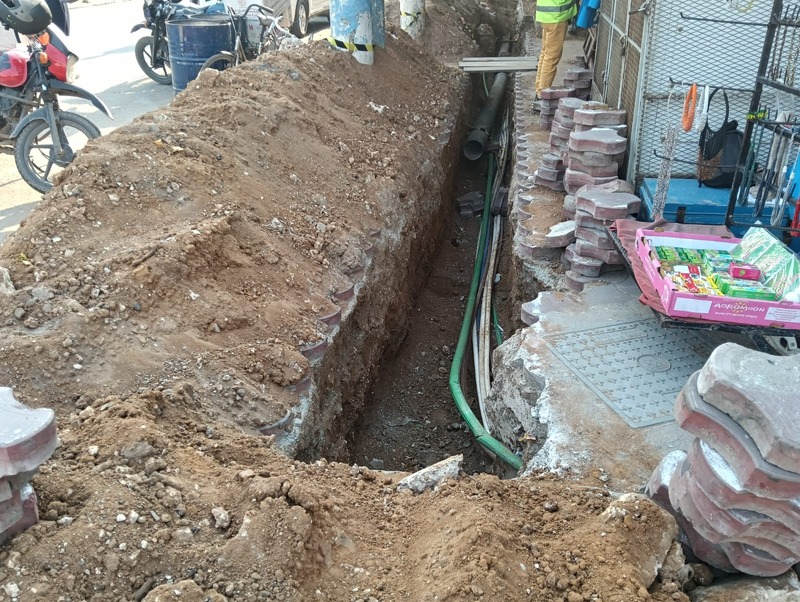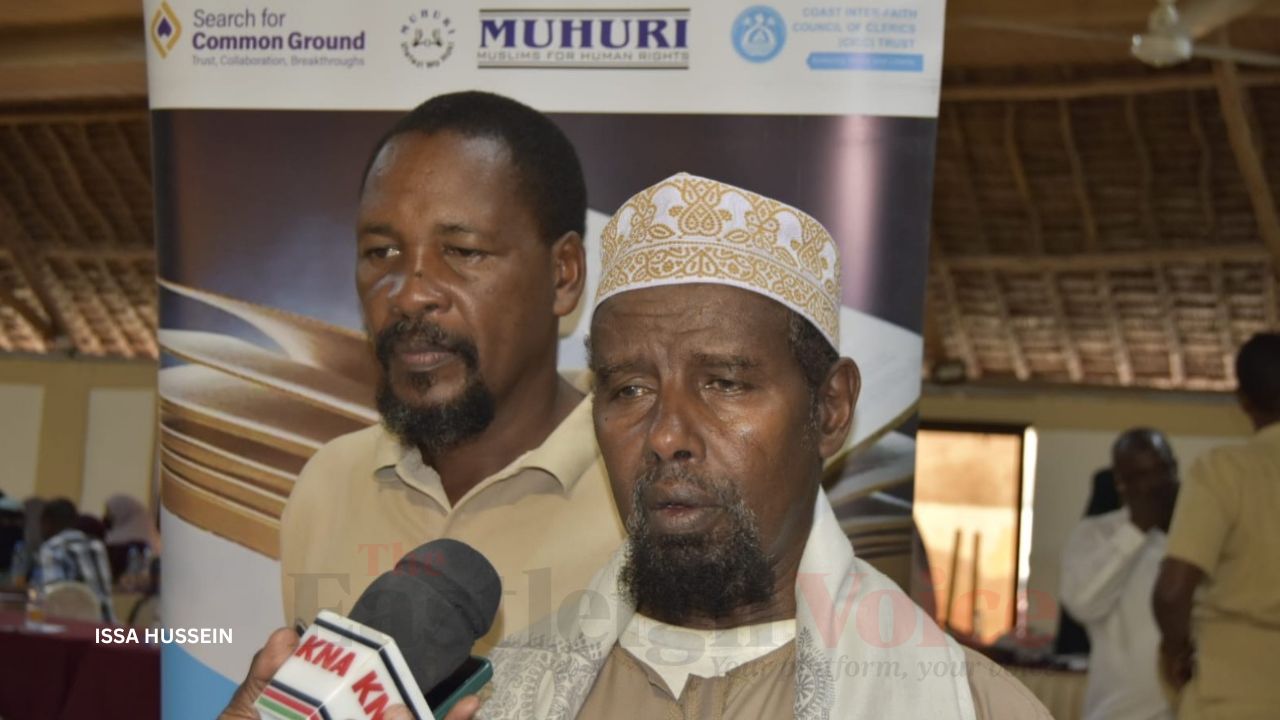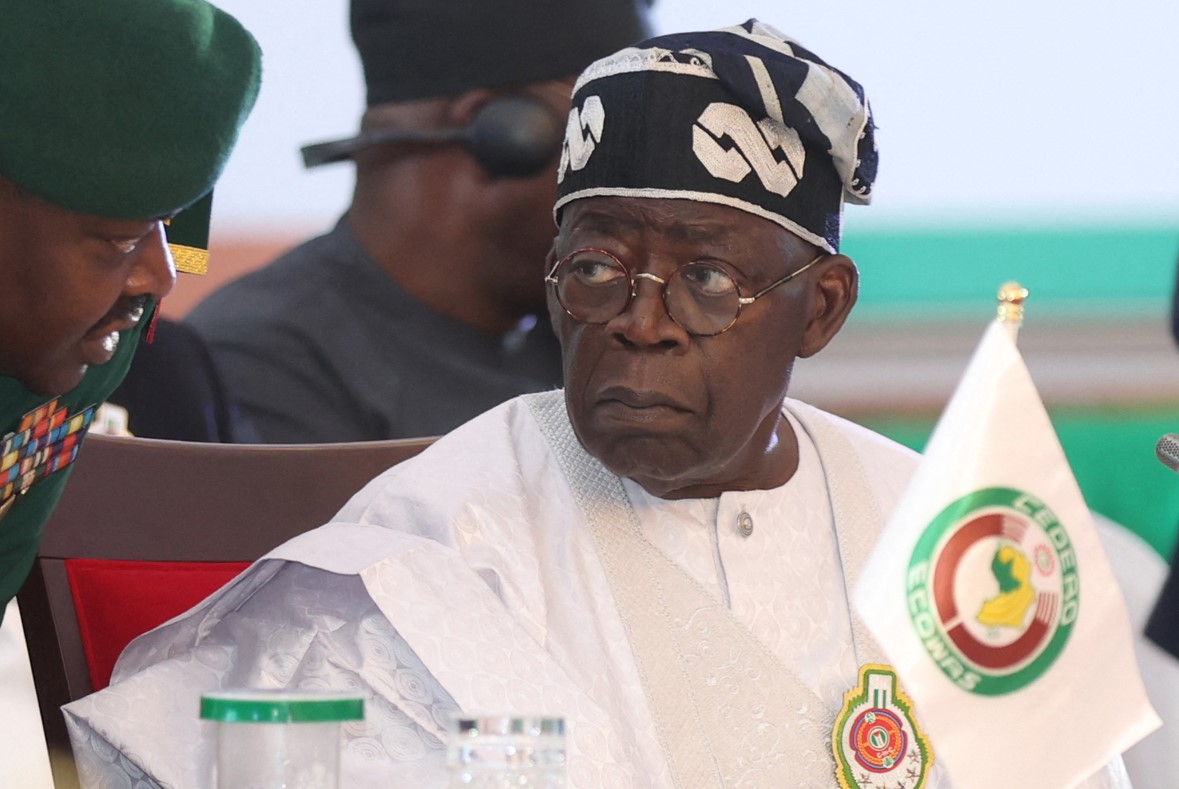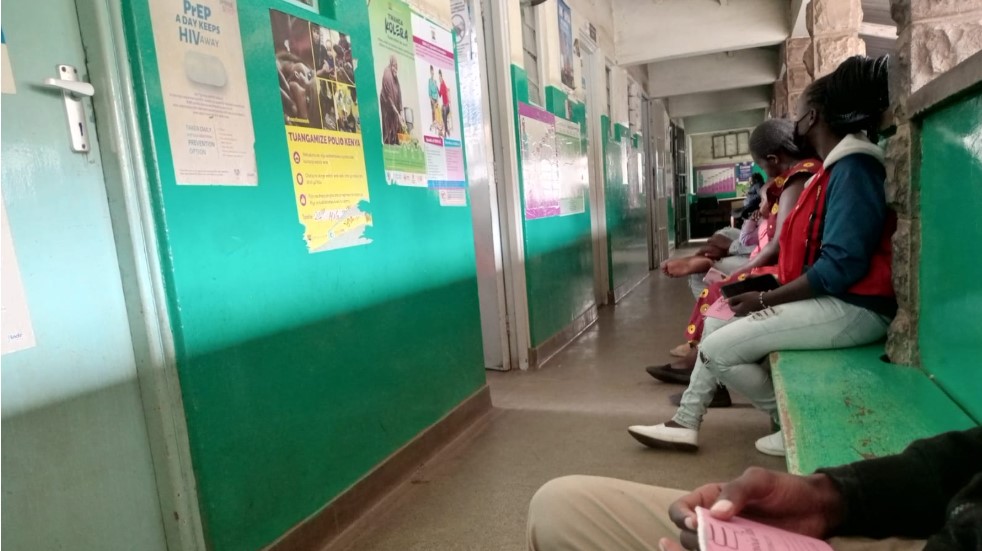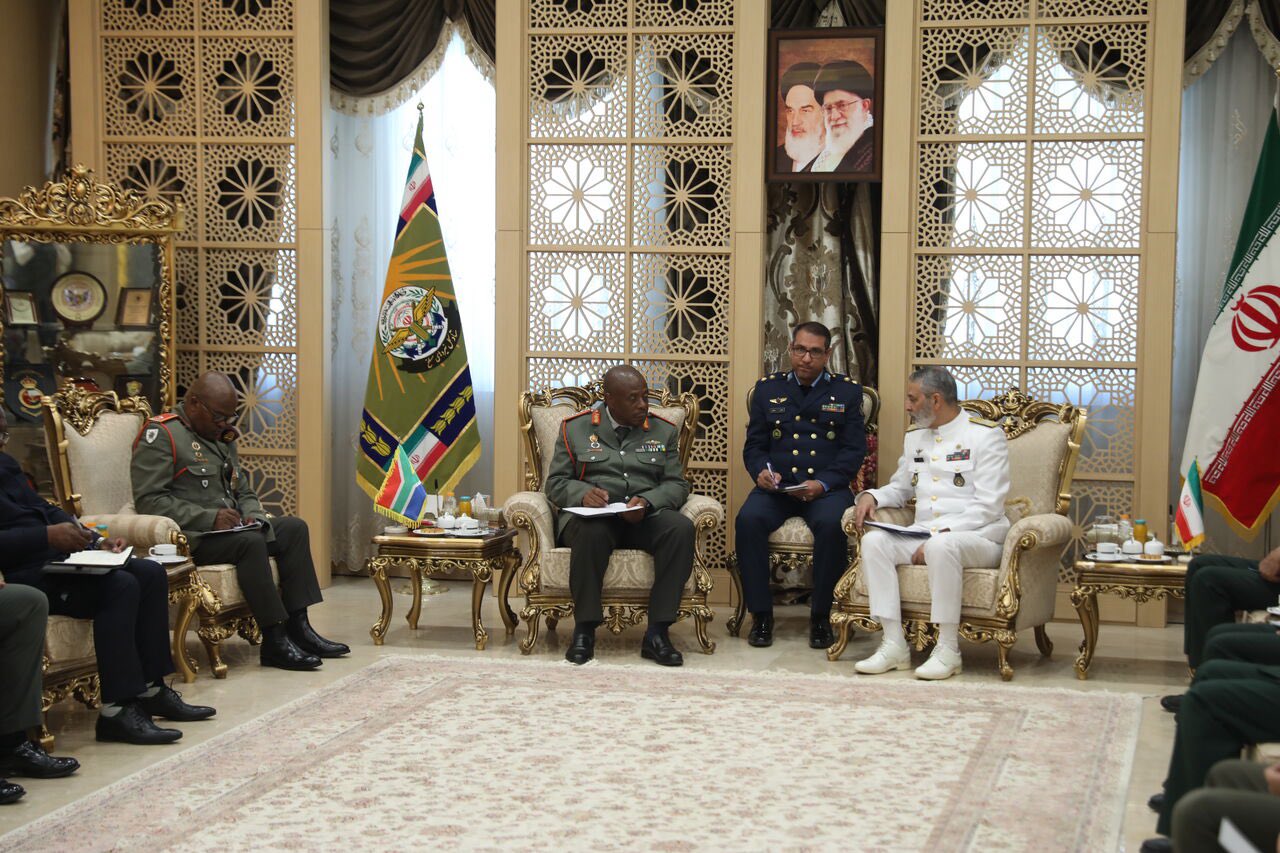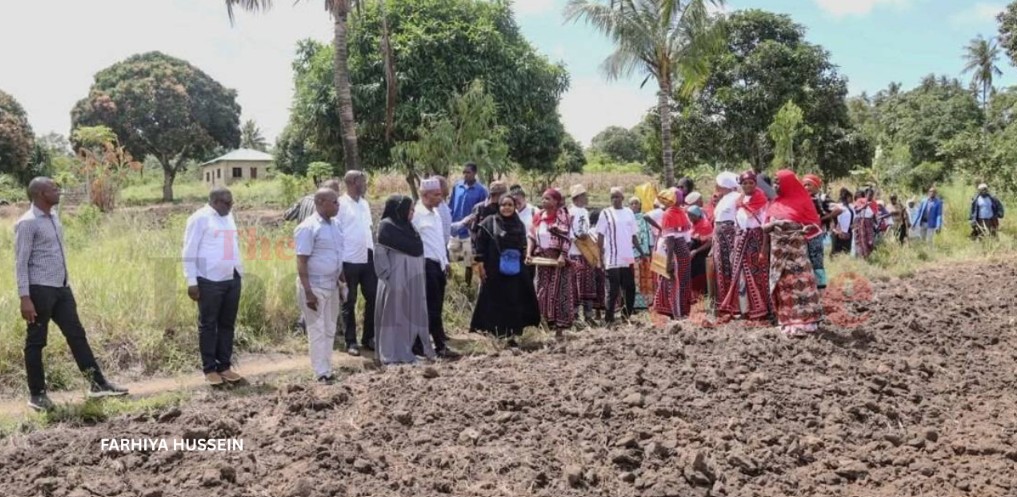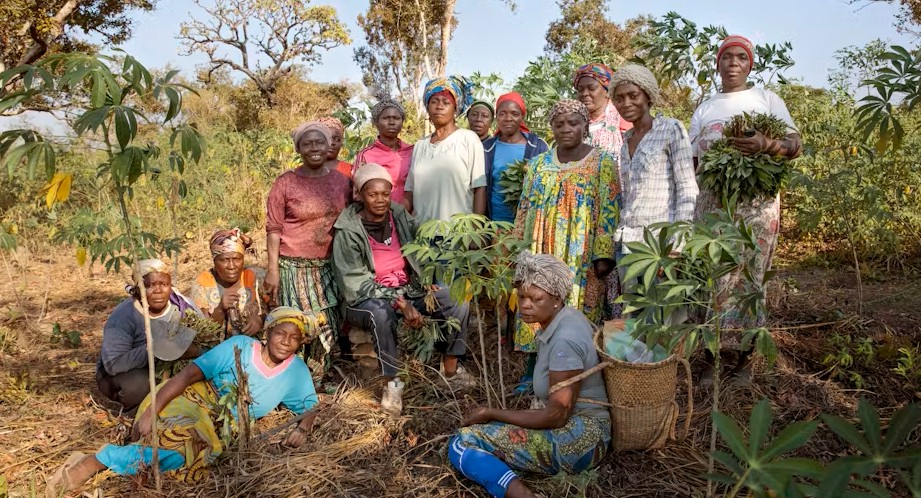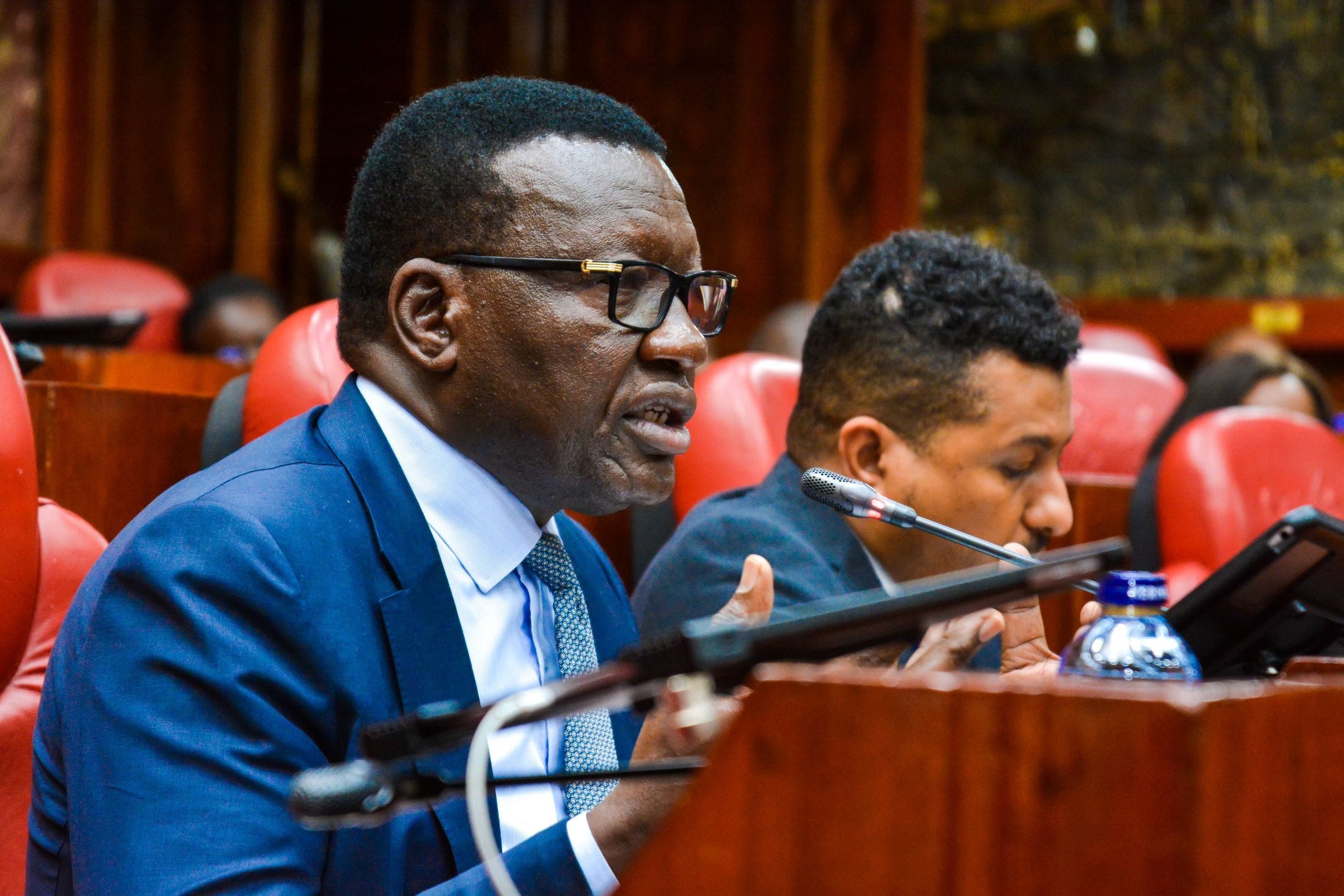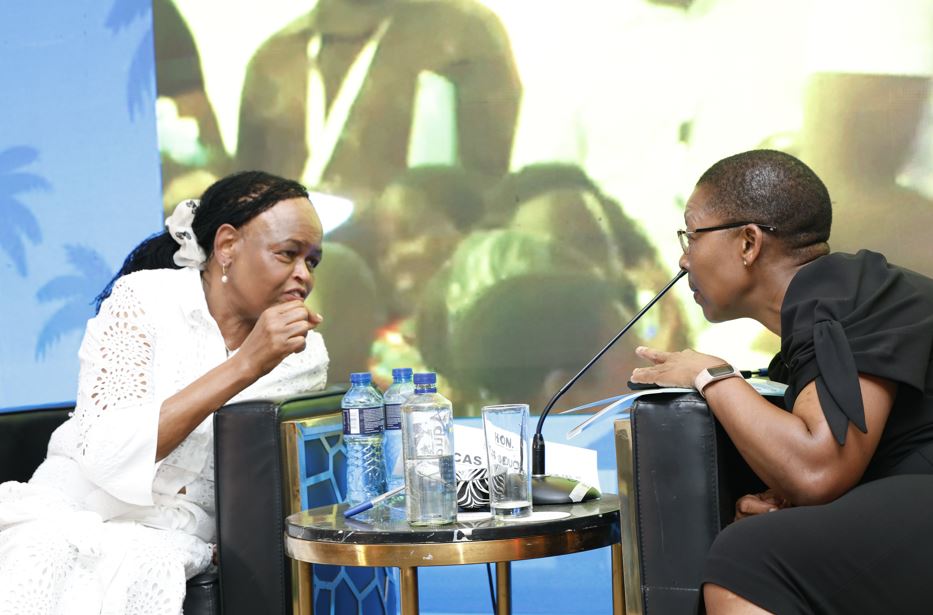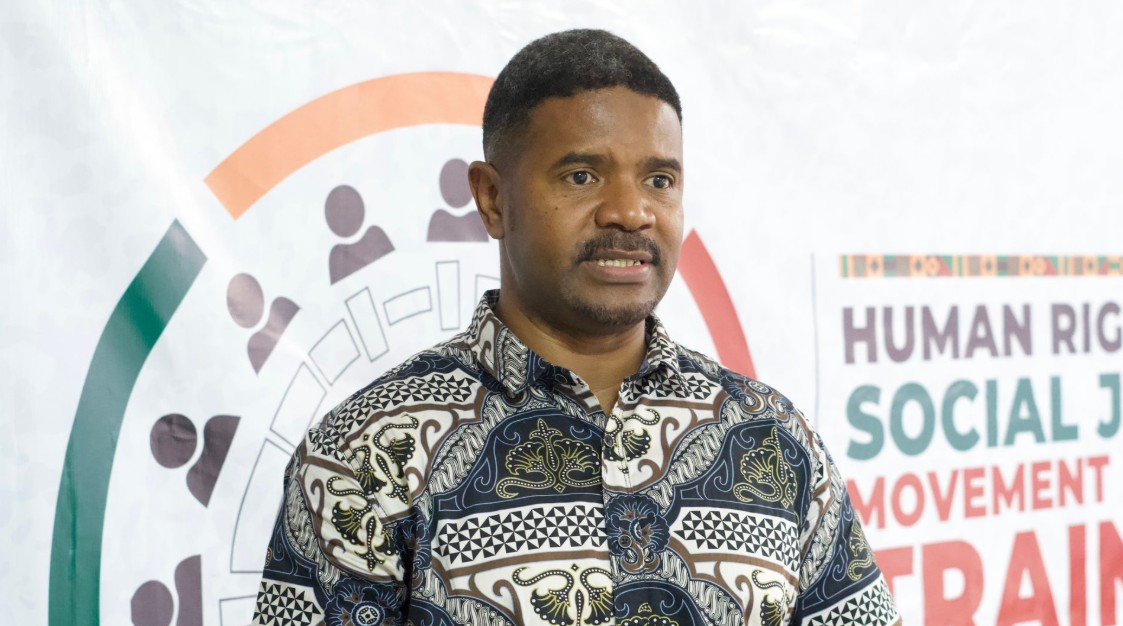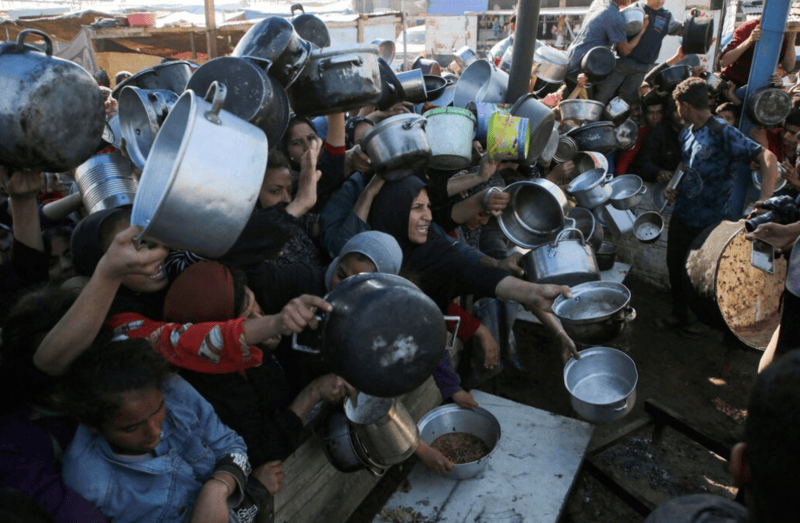East Africa’s democratic backslide: Wave of arrests, repression raises alarm across region
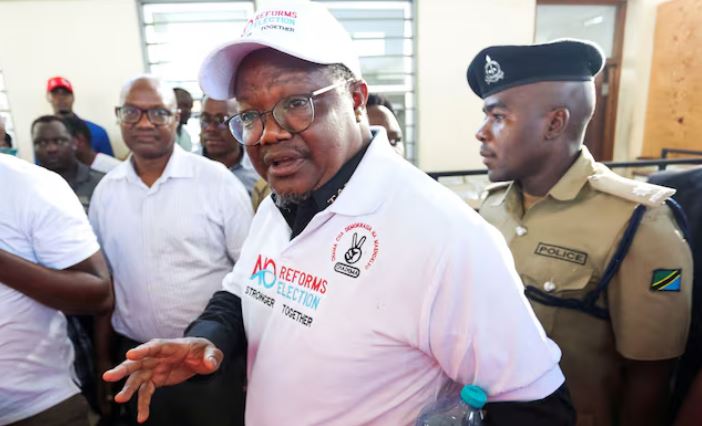
In Yoweri Museveni’s Uganda, the High Court in Kampala has denied bail to veteran opposition politician Dr Kizza Besigye and his aide Hajj Obeid Lutale, citing the grave nature of the charges against them and concerns that their influence could interfere with ongoing investigations.
The arrest and detaining of three key opposition figures in Uganda, Tanzania and South Sudan has exposed a spell of repression and shrinking space of rights and freedoms in the East African region.
The closing of democratic spaces and the violent crackdown on opposition and dissenting voices by East African leaders, including in countries where opposition leaders are not in detention, seems to be coming from one playbook.
More To Read
- 20-year-old student announces bid to unseat Museveni in 2026
- Tanzania VP Mpango orders police to intensify online monitoring ahead of October election
- Ex-Tanzanian minister January Makamba barred from defending seat ahead of key primaries
- Museveni expected in Nairobi as Kenya-Uganda ties face border test
- Uganda’s land eviction crisis: Do populist state measures actually fix problems?
- Besigye, aide sue Kenya for alleged cross-border abduction by Ugandan agents
Human rights lobbies and pro-democracy champions are worried about the turn of events in the region.
In Tanzania, the main opposition party, Chadema, announced that its disqualification from elections scheduled for later this year was unconstitutional, just days after its leader was arrested and charged with treason.
Chadema failed to sign an election code of conduct document, making it ineligible to contest the presidential and parliamentary polls in October, the Independent National Electoral Commission (INEC) said on Saturday.
Chadema party leader Tundu Lissu, who survived being shot 16 times in 2017, was charged with treason last week over what prosecutors said was a speech calling on the public to launch a rebellion and disrupt the election.
By charging Lissu with a capital offence and banning his party from contesting the elections, the government of President Samia Suluhu Hassan is likely to draw further scrutiny on its rights record.
"A constitutional right cannot be taken away by a code of conduct created by the National Electoral Commission," said Rugemeleza Nshala, Chadema's chief attorney.
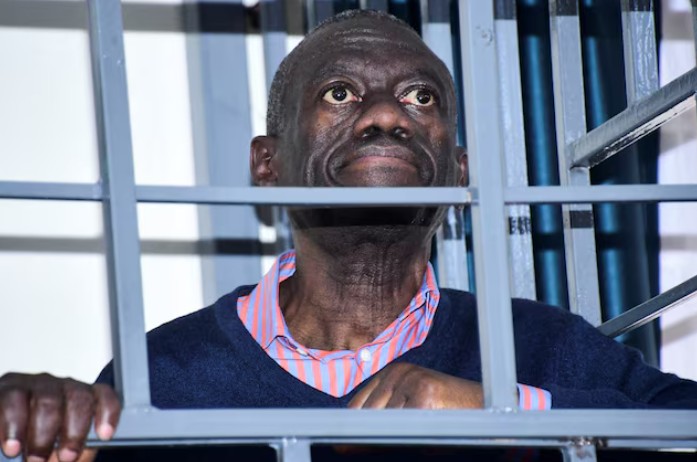 Opposition leader Kizza Besigye stands in a steel dock at the Uganda Military General Court Martial in Makindye, a suburb of Kampala, Uganda December 2, 2024. (Photo: REUTERS Abubaker Lubowa)
Opposition leader Kizza Besigye stands in a steel dock at the Uganda Military General Court Martial in Makindye, a suburb of Kampala, Uganda December 2, 2024. (Photo: REUTERS Abubaker Lubowa)
Crackdown on political opponents
Rights campaigners and opposition parties have accused President Samia's government of an intensifying crackdown on political opponents, citing a string of unexplained abductions and killings.
The government has denied the allegations and has opened an investigation into reported abductions.
International rights lobby, the Human Rights Watch (HRW), has declared that the Tanzanian opposition leader’s arrest spells trouble for elections.
HRW believes the government is deliberately targeting Lissu to derail the party’s reform campaign.
“Successive Tanzanian governments have repressed the political opposition in previous elections. Prior to the 2020 elections, the government of the late President John Magufuli arbitrarily arrested scores of opposition party leaders, officials and supporters, including Lissu. It also suspended media outlets, censored mobile phone communications and blocked social media,” said the lobby in a statement on Wednesday.
In President Yoweri Museveni’s Uganda, the High Court in Kampala has denied bail to veteran opposition politician Dr Kizza Besigye and his aide Hajj Obeid Lutale, citing the grave nature of the charges against them and concerns that their influence could interfere with ongoing investigations.
It has been over 146 days since the duo was incarcerated following their arrest in Nairobi in November last year. The four-time presidential candidate and his aide are facing treason charges, which carry a maximum death sentence.
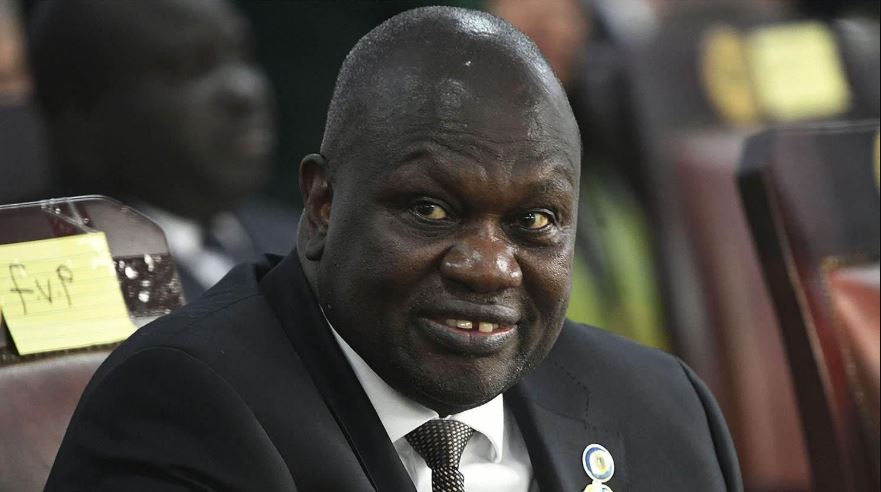 South Sudan’s Vice President Riek Machar who was arrested on March 26, 20205. (Photo: Courtesy)
South Sudan’s Vice President Riek Machar who was arrested on March 26, 20205. (Photo: Courtesy)
Machar's house arrest
In South Sudan, the United States has called on President Salva Kiir to release his rival, First Vice-President Riek Machar, from house arrest, urging the country’s leaders to show commitment to peace.
Machar’s party, the SPLM-IO, said that the defence minister and national security chief “forcefully entered” his residence in Juba with an arrest warrant. Machar is accused of involvement in clashes this month between the military and the White Army militia in Upper Nile State.
The US Bureau of African Affairs wrote on X: “We are concerned by reports that South Sudan’s First Vice-President Machar is under house arrest. We urge President Kiir to reverse this action and prevent further escalation of the situation.”
In Kenya, the leading human rights lobby, the Kenya Human Rights Commission, in conjunction with more than ten civil societies, has this week grown worried over Nairobi’s shrinking democratic space.
“Since January this year, the situation has only worsened. The regime has intensified its crackdown on dissent, even targeting schoolchildren for performing a play that challenged the state on accountability and governance,” noted Davis Malombe, the Kenya Human Rights Commission Executive Director.
The rights lobby notes that between January and September 2023, the Independent Medico-Legal Unit documented 228 cases of police torture, 67 cases of extrajudicial killings and one case of enforced disappearance.
According to the Kenya National Commission on Human Rights, police killed 63 people and injured 610 others during the Gen-Z protests between June and November 2024. KNCHR also reported that 1,376 protesters were arbitrarily arrested, and 74 individuals were forcibly disappeared. As of today, 26 people who disappeared are still missing, and the culprits are yet to be held to account.
However, data from Human Rights Watch, Kenya Human Rights Commission, and the Independent Medico Legal Unit (IMLU) show the numbers of those killed, disappeared, and arbitrarily arrested could be higher. For instance, IMLU report shows 89 cases of enforced disappearances during this period.
“Cross-border violations have also increased. Kenya is becoming a hub for politically motivated abductions of foreigners, including Tanzanian activist Maria Sarungi Tsehai, Ugandan opposition leader Kizza Besigye, and others from South Sudan, Ethiopia, Turkey, and Uganda. Thirty-six Ugandans were abducted in Kisumu alone,” notes the lobby.
Top Stories Today
